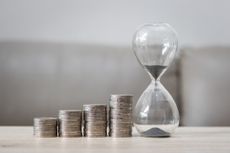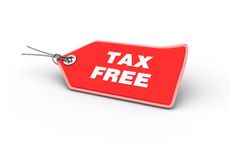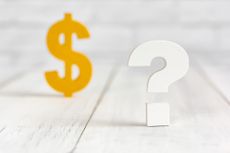IRS Form 1099-K: When You Might Get One From PayPal, Venmo, Cash App
A new IRS 1099-K tax reporting requirement for payment networks like Venmo, PayPal, Amazon, and Cash App doesn't apply for 2023.
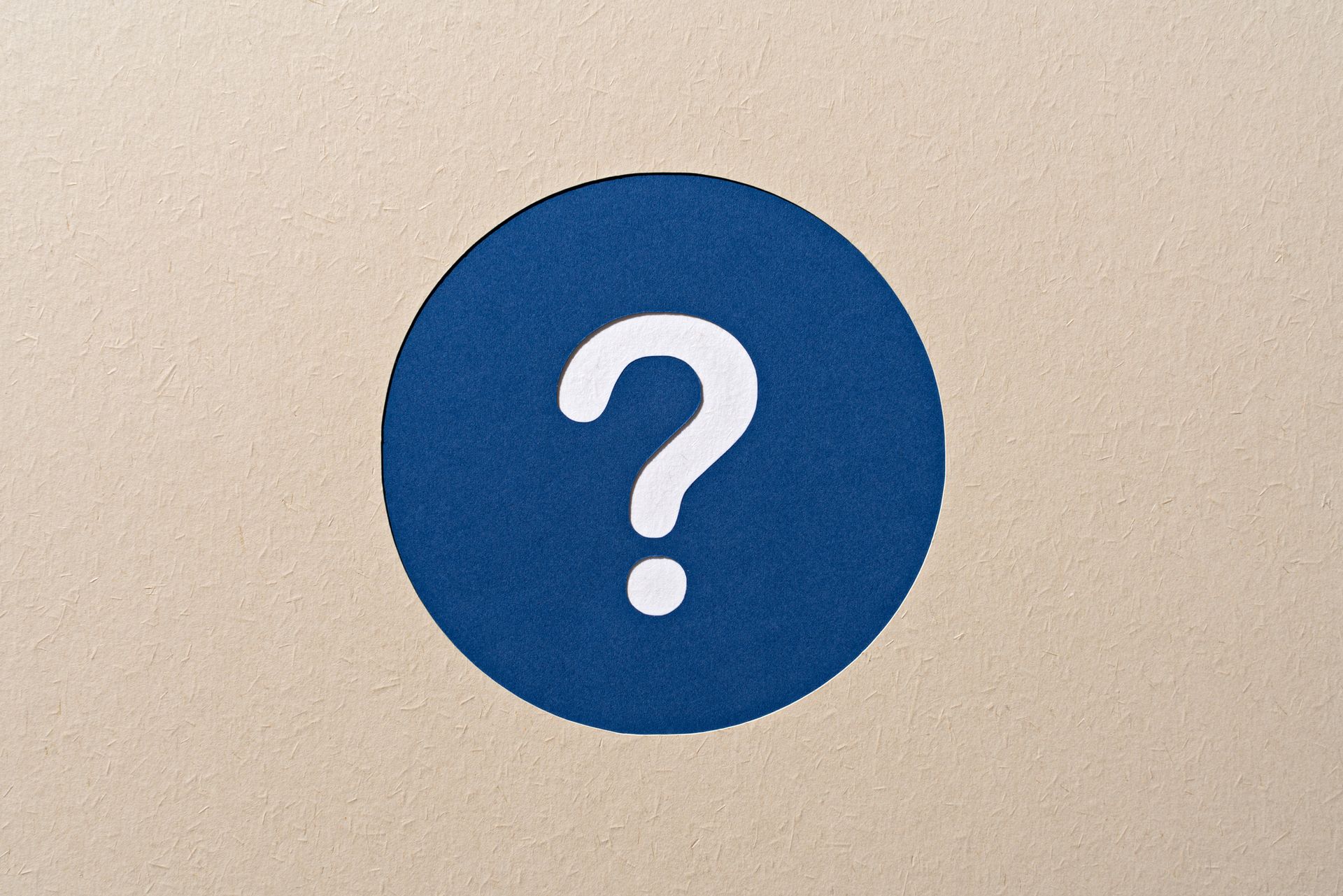

IRS 1099-K reporting requirements have caused a lot of confusion. That’s mainly because of changes to a federal tax reporting rule that requires third-party payment networks, including apps and online marketplaces, to send a form 1099-K to millions of online sellers.
A 1099-K is an IRS reporting form that shows how much money you've received during the year through third-party payment processors like Venmo, PayPal, etc. But the forms also come from other online platforms that process payment transactions, such as eBay, StubHub, Etsy, and more.
Here’s what you need to know about the 1099-K reporting requirement, including which online platforms might send you a 1099-K, what to do with the form if you receive one, and the latest 1099-K rule delay from the IRS.

Sign up for Kiplinger’s Free E-Newsletters
Profit and prosper with the best of expert advice on investing, taxes, retirement, personal finance and more - straight to your e-mail.
Profit and prosper with the best of expert advice - straight to your e-mail.
Related: Another Big IRS Tax Change for Online Sellers
1099-K Reporting Rules
Form 1099-K tax reporting: $600 rule
To understand whether and why you might receive a 1099-K, it's good to know the background surrounding the IRS reporting rules.
In the last year or so, you may have heard about the “$600 rule.” This refers to situations where payments you receive for goods or services through third-party payment networks and online marketplaces like Venmo, PayPal, Amazon, Square, eBay, Etsy, etc. exceed $600.
- Under the American Rescue Plan Act (legislation passed during the pandemic), if you had even one transaction over $600, you were supposed to receive a 1099-K to use when filing your federal income tax return.
- This was a major change from the typical tax reporting rule, where only taxpayers with significantly higher amounts of payments and transactions received a 1099-K.
The First 1099-K Rule Delay
The new tax reporting threshold, generally designed to increase tax compliance, was supposed to go into effect last year. However, the IRS delayed the rule due to concerns over confusion for online sellers and payment processors. Since then, some online marketplaces, including PayPal, eBay, and Etsy, asked Congress for 1099-K relief.
For example, the Coalition for 1099-K fairness argued that the $600 rule would disproportionately burden some taxpayers, who could be at risk of over-reporting their income or being “forced to hire a tax professional” to ensure compliance with the reporting requirement.
Additionally, early estimates indicated the IRS could have received 30 million more 1099-K forms for the upcoming filing season than in the previous tax year. Many of those would be for people without a tax obligation or for taxpayers who have never received a 1099-K. So, late last year, the agency announced another delay of the $600 rule, this time to 2024.
Latest Delay
IRS 1099-K delay for 2023
Previously, to receive a 1099-K from a third-party payment network, you had to exceed $20,000 in transactions for goods and services and have more than 200 business transactions in a year.
But for transactions during 2023, the $600 1099-K threshold was supposed to apply. So many more people, even casual online sellers, were expecting to receive 1099-Ks in early 2024 for the current tax season.
However, the IRS again delayed the implementation of the $600 rule. So, what does this mean for you?
- Instead of enforcing the new rules for the 2023 tax year, the IRS will treat 2023 as a "transition period" and push enforcement of any new thresholds to the 2024 tax year.
- Third-party payment platforms and online marketplaces won't be required to report 2023 transactions on a Form 1099-K to the IRS or online sellers for the $600 threshold.
- Instead, the previous 1099-K reporting threshold of $20,000 in payments from over 200 transactions will remain in effect for 2023.
- "Given the complexity of the new provision, the large number of individual taxpayers affected, and the need for stakeholders to have certainty with enough lead time," the IRS says it is planning for a threshold of $5,000 for the tax year 2024 as part of a phase-in to implement the $600 reporting threshold.
However, It’s important to note that the 1099-K reporting requirement delay doesn’t change the fact that the IRS has always required taxpayers to report all taxable income, whether they receive a 1099-K form or not.
1099-K Basics and FAQs
What is a 1099-K form used for?
Form 1099-K is an IRS information reporting form.
- The form contains information, for your tax return, about the gross amount of payment transactions that you had on a third-party payment network when that amount was over $600 in the previous year.
- Companies that are required to send a 1099-K provide a copy to you and the IRS.
When will you receive a Form 1099-K? Generally, if you exceed $20,000 in transactions for goods and services and have more than 200 business transactions in a year, you will likely receive a Form 1099-K by the end of January or early February of 2024.
Note: The $600 threshold has been delayed and the IRS is planning to phase in a $5,000 threshold for 2024.
What to do with a 1099-K
If you receive a Form 1099-K, you will want to make sure that it matches the information that you have in your records.
If there are any problems with your 1099-K (e.g., the amounts listed don’t belong to you or other information on the form is incorrect), you should contact the third-party payment network that sent the form. They might be able to issue a corrected form.
Businesses that are required to report an income over $20,000 also include popular sites like Ticketmaster and StubHub, Depop, Poshmark, etc. (This isn't an all-inclusive list of companies and platforms.) If you're unsure about whether you will receive a 1099-K, most of these sites have questions and answers on their websites that can help.
Keep in mind, however, that personal transactions (e.g., personal payments to friends and family) on payment networks including Venmo, PayPal, etc., are not considered "payments for goods and services." That's important because the 1099-K third-party payment network reporting rule applies to payments made for goods and services. It doesn't apply to payments made through the payment networks that were gifts, or other personal payments of money to family and friends.
- If, for some reason, personal transactions from any of the third-party payment providers get reported on your 1099-K, contact the payment network to see if you can get a corrected form.
- If you can’t get a correction, your records should show personal payments made on the network versus payments for goods and services. Good records can help support the amount of income that you claim on your tax return.
Do you have to report a $600 Income?
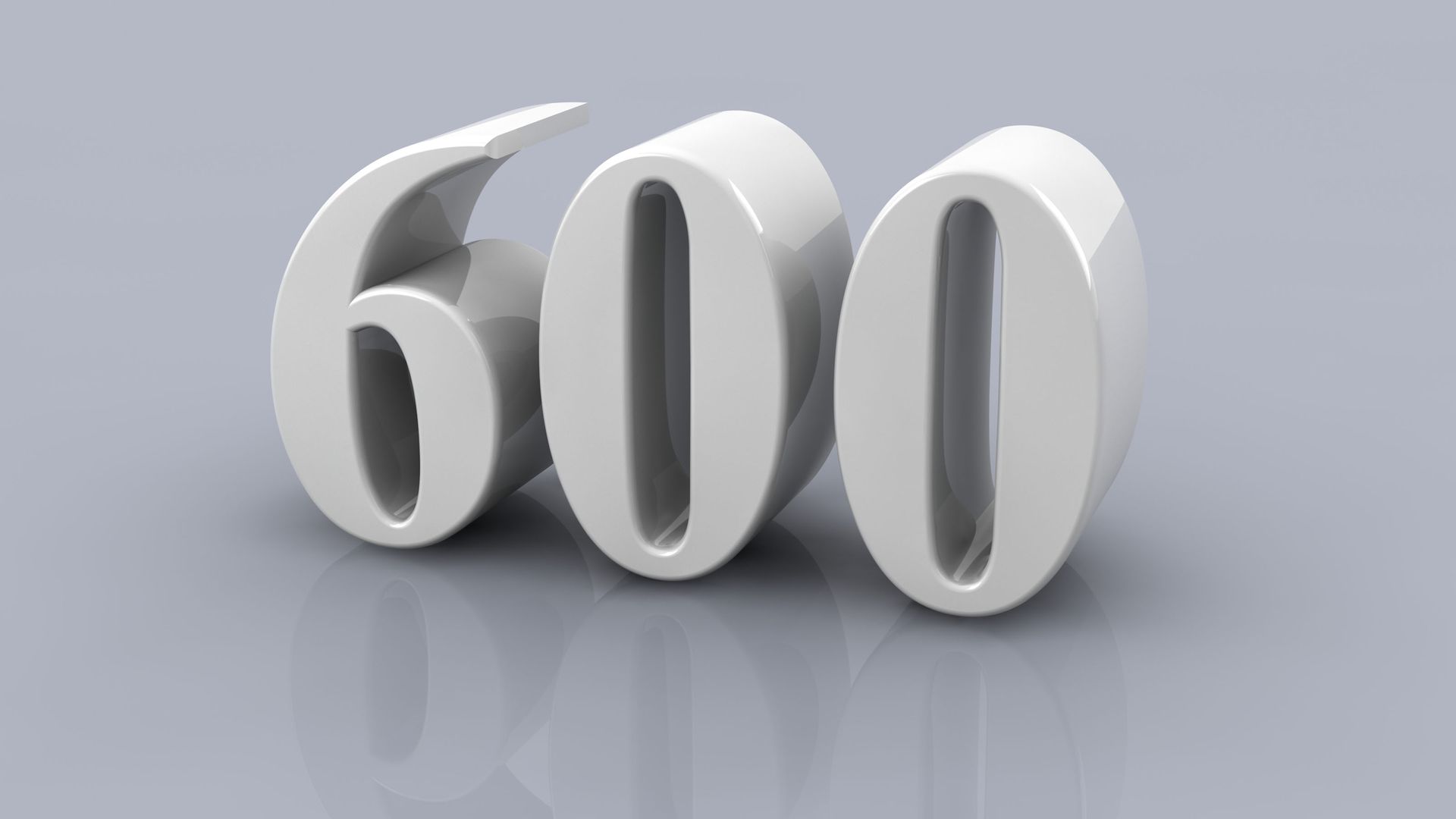
Normally, any 1099-K Form will go to you and the IRS. So, the likelihood that the IRS will notice a difference in your federal income tax return between your income reporting, and the reporting on your 1099-K form, (if there are differences) is relatively high.
But remember that the $600 reporting requirement no longer applies for 2023 transactions. So you do not have to worry about working with the $600 rule when you file your 2023 tax return.
Also, the IRS requires taxpayers to report all taxable income, so it’s best to report your taxable income and to keep good records that substantiate that income.
If you’re worried about tax liability from your side hustle, consider whether some tax deductions and credits for the self-employed might help reduce your tax bill, and double-check other important tax changes for this filing season.
Related Content

As the senior tax editor at Kiplinger.com, Kelley R. Taylor simplifies federal and state tax information, news, and developments to help empower readers. Kelley has over two decades of experience advising on and covering education, law, finance, and tax as a corporate attorney and business journalist.
-
 Nine of the Biggest Regrets I See as a Financial Planner
Nine of the Biggest Regrets I See as a Financial PlannerCheck out this list of common regrets among older people and see if there’s something you can address in your own life while there’s still time.
By Andrew Rosen, CFP®, CEP Published
-
 Three Habits of My Most Successful Wealth Management Clients
Three Habits of My Most Successful Wealth Management ClientsClients are more likely to meet their financial objectives if they’re totally honest, take action in a timely manner and are actively engaged.
By Adam Lampe Published
-
 Types of Income the IRS Doesn't Tax
Types of Income the IRS Doesn't TaxIncome Tax It may feel like the IRS taxes most of your hard-earned money, but some types of income are nontaxable.
By Kelley R. Taylor Last updated
-
 Why You’ll Still Pay Oklahoma Grocery Tax
Why You’ll Still Pay Oklahoma Grocery TaxState Tax Oklahoma is eliminating state grocery taxes, but that doesn’t mean groceries will be tax-free.
By Katelyn Washington Last updated
-
 Last-Minute Tax Savings Guide for 2023
Last-Minute Tax Savings Guide for 2023Tax Savings April 15 is weeks away, so it's not too late to save your 2023 taxes.
By Sandra Block Published
-
 Why You Should Care About Your 2026 Taxes Now
Why You Should Care About Your 2026 Taxes NowTax Planning It's not to early to prepare for the possibility that your taxes will go up in 2026.
By Sandra Block Published
-
 Capital Gains Tax Exclusion for Homeowners: What to Know
Capital Gains Tax Exclusion for Homeowners: What to KnowTax Breaks The IRS capital gains home sale exclusion can be a valuable tax-saving tool if you’re eligible.
By Kelley R. Taylor Last updated
-
 Save During Alabama’s Severe Weather Preparedness Tax Holiday
Save During Alabama’s Severe Weather Preparedness Tax HolidaySales Tax Holiday Certain items will be tax-free during the Alabama severe weather preparedness sales tax holiday this year, but there are specific rules to follow.
By Katelyn Washington Last updated
-
 Will Your IRS Refund Be Less This Year?
Will Your IRS Refund Be Less This Year?Tax Refunds Data show federal tax refunds are lower this year than last. Will you get less money back from the IRS this tax season?
By Katelyn Washington Last updated
-
 Four Things You Need to Know About Presidents Day and the IRS
Four Things You Need to Know About Presidents Day and the IRSTax Season The weeks surrounding Presidents Day are a particularly busy tax time for the IRS.
By Kelley R. Taylor Last updated




